Death and funeral rites at Romanians and other peoples
Fear, revolt, hope, resignation and other such feelings are, in fact, symptoms of the inability of the human spirit to assimilate, in his biography that carries the vocation of eternity, the unnatural and absurd reality of death. Viewed from this perspective, the history of humanity is a summation of all conscious or unconscious attempts of man - which is said to be the only creature he can think of at his own death - to understand, to give meaning, to assume or , on the contrary, to evade death. From megaliths to skyscrapers, from the ocher of prehistoric times to contemporary cryogenics, from the philosophies of the ancients to the asceticism of the wilderness, all are efforts to overcome death or temporality and personal or collective eternity. From the wide range of rites, rituals and practices that emanate from different conceptions of death, Father Adrian Zaharia stops at the Romanian space, using with predilection a comparative method that creates, through the terms of...
Other books from Episteme
- 39 LEI
- 64 LEI
- 65 LEI
- 43 LEI
- 39 LEI
Customers Also Bought
- 25 LEI
- 13 LEI
- 41 LEI
- 13 LEI
- 21 LEI


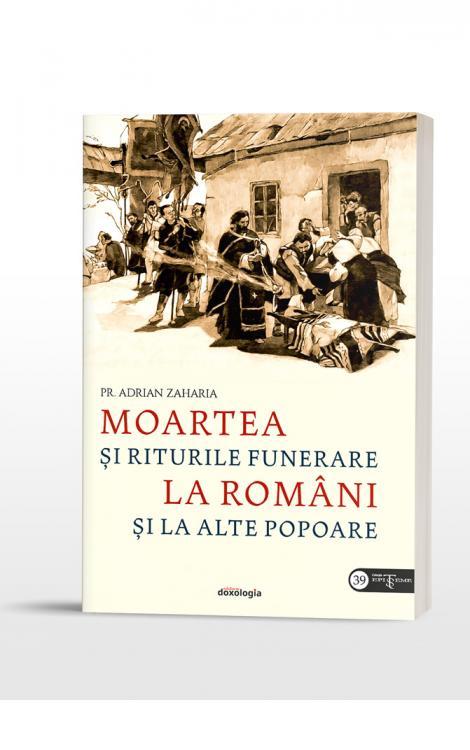

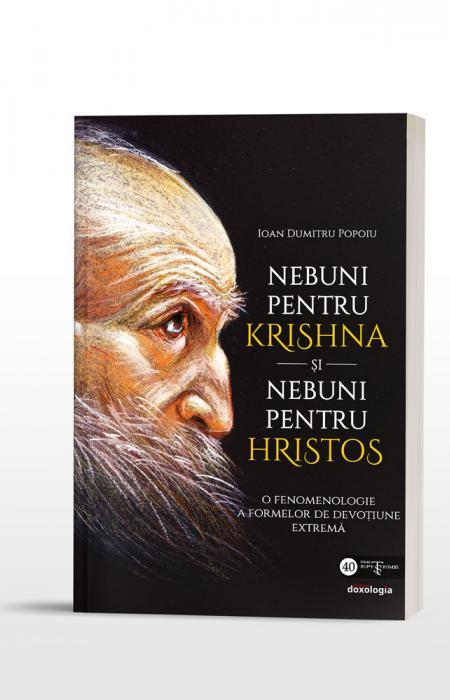
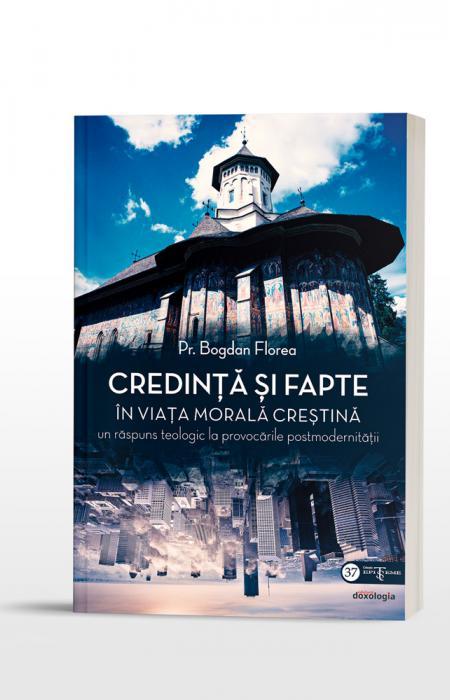
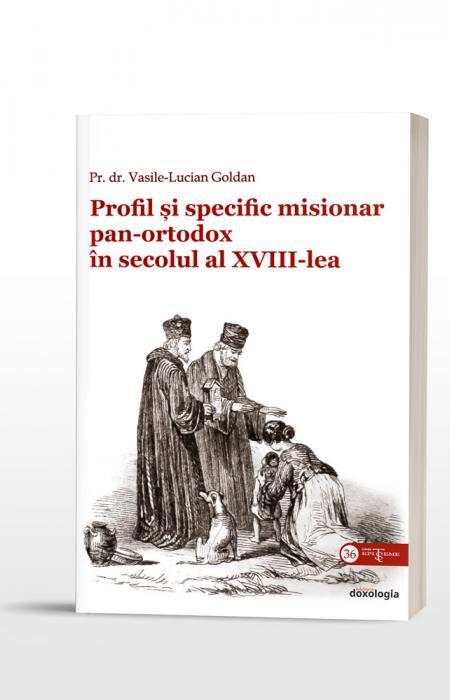
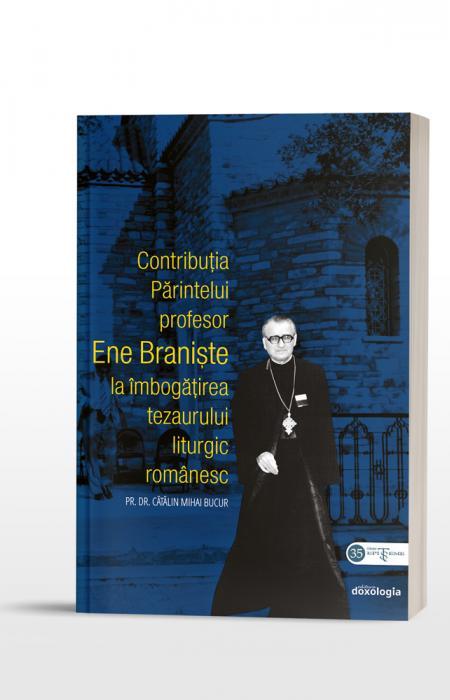
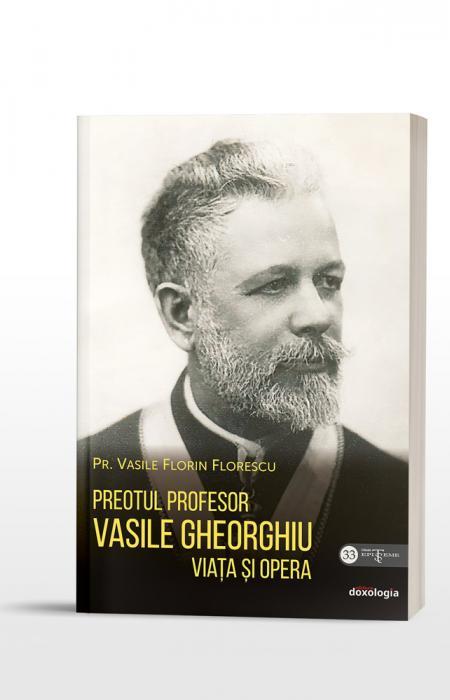
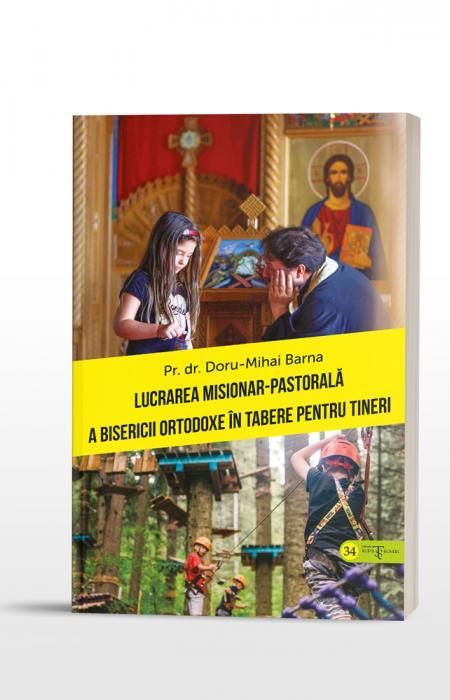
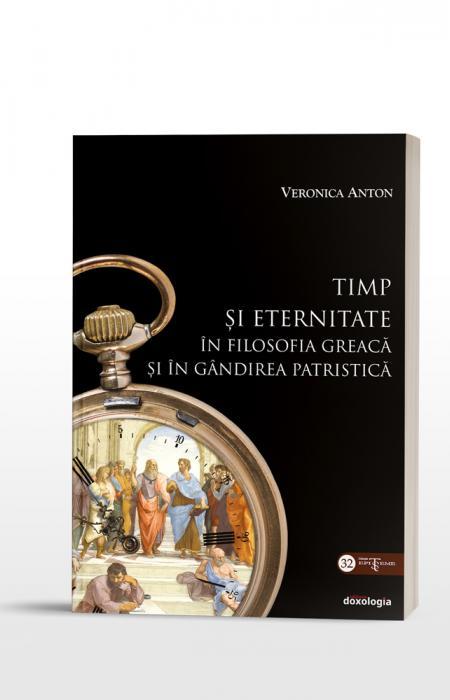
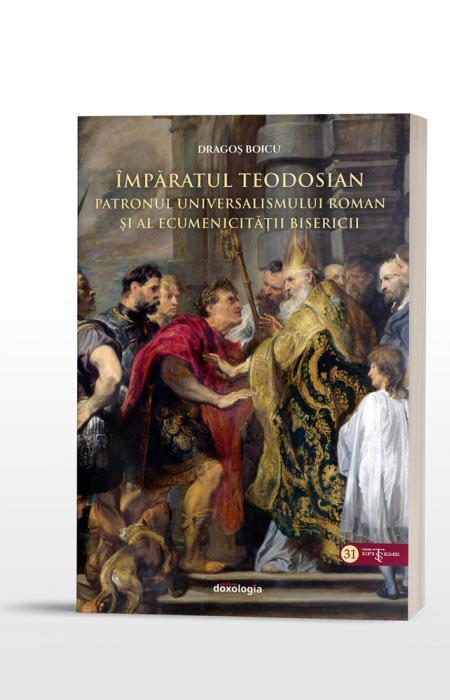
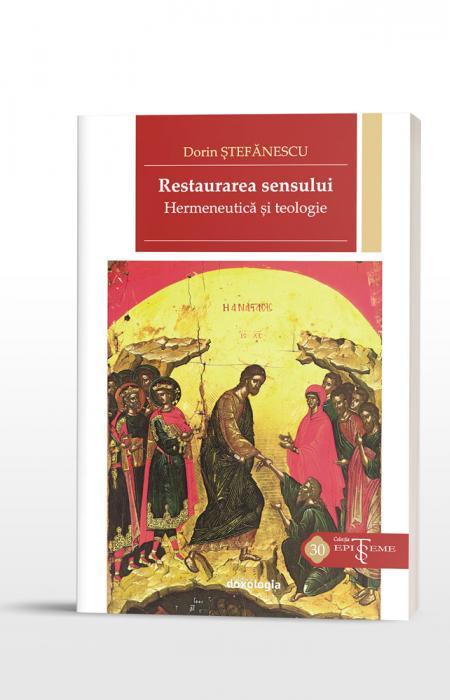
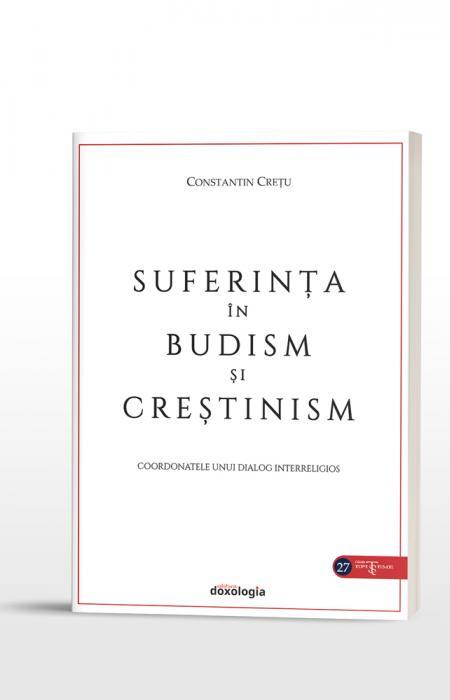
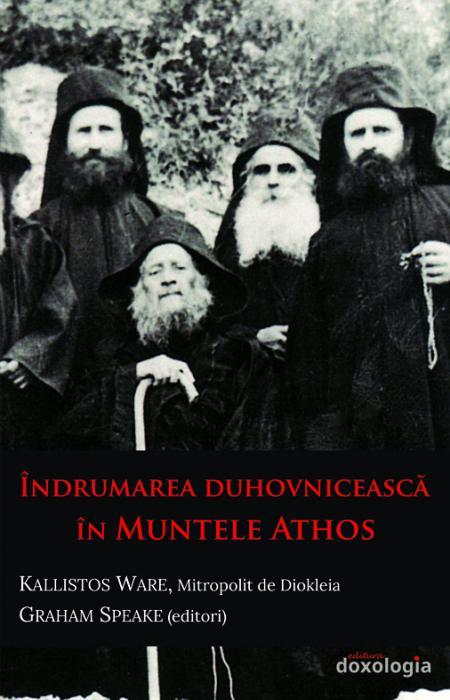
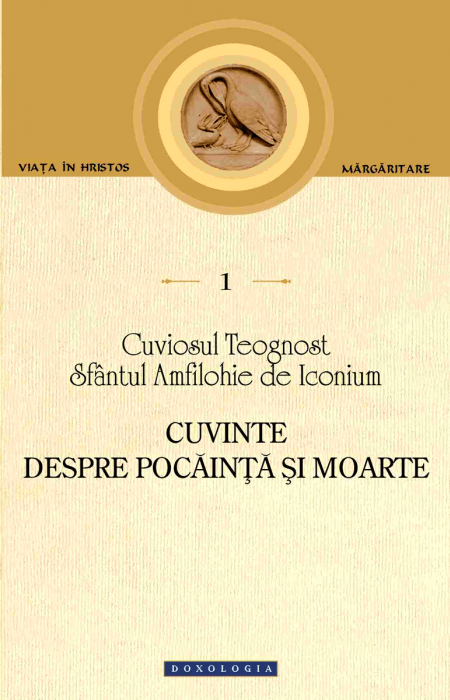
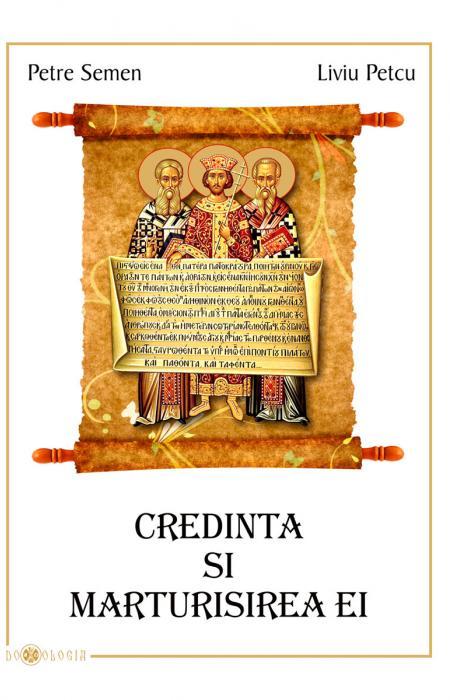
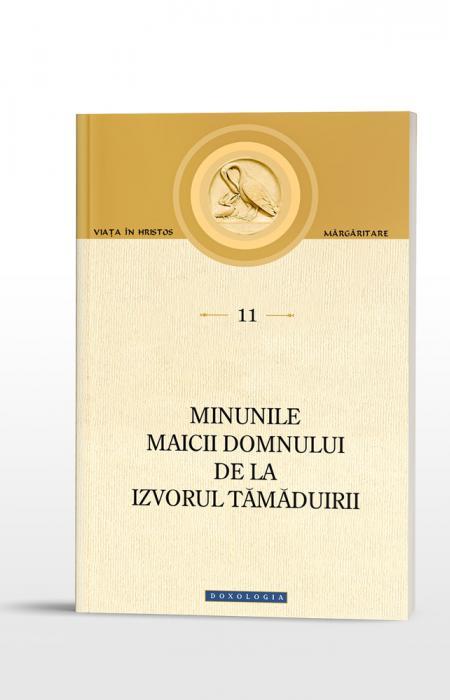
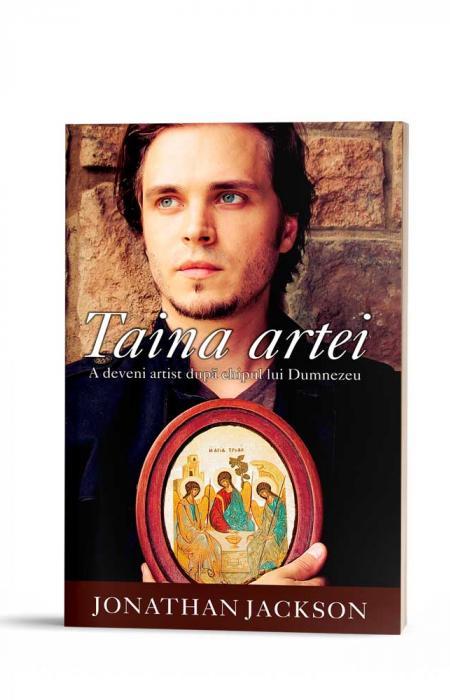

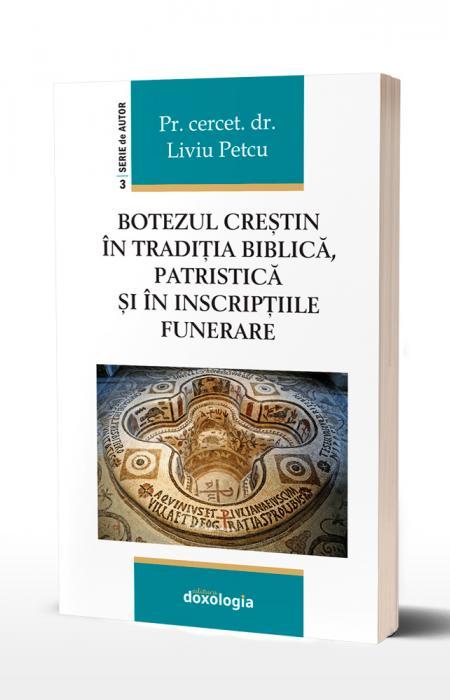
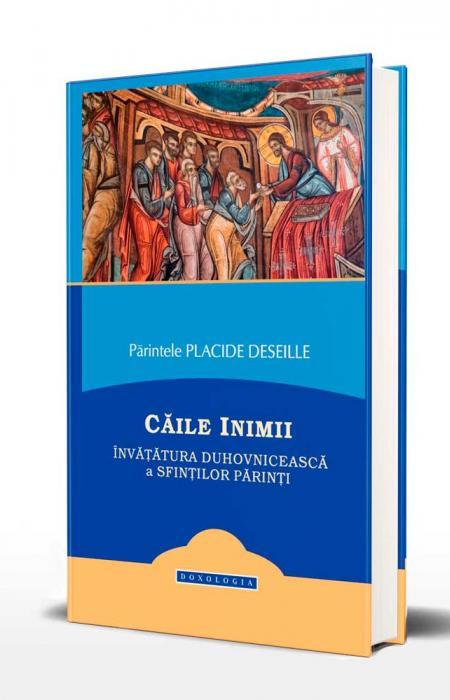
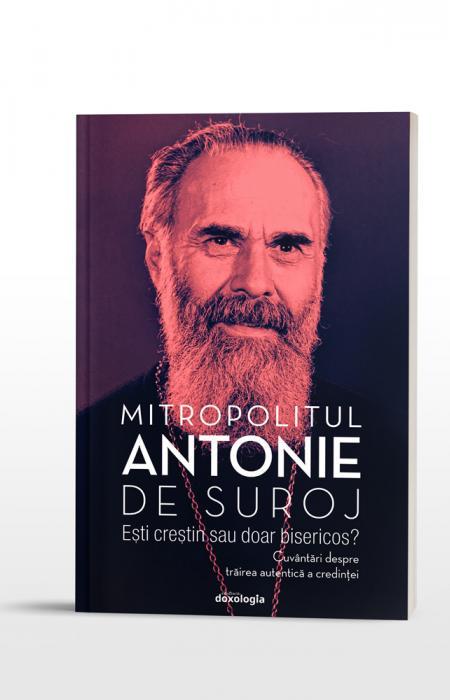
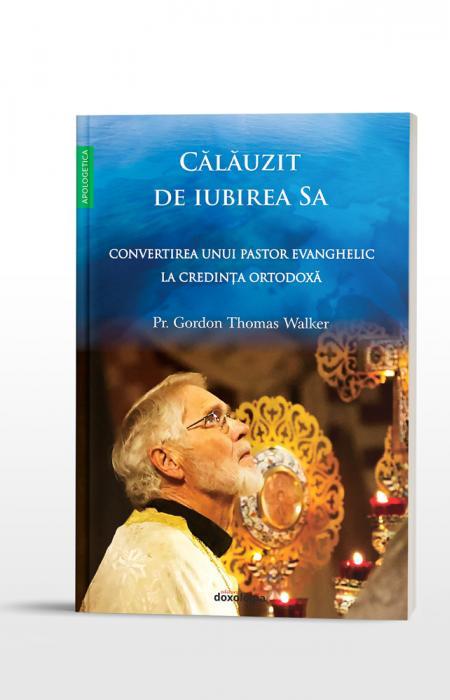
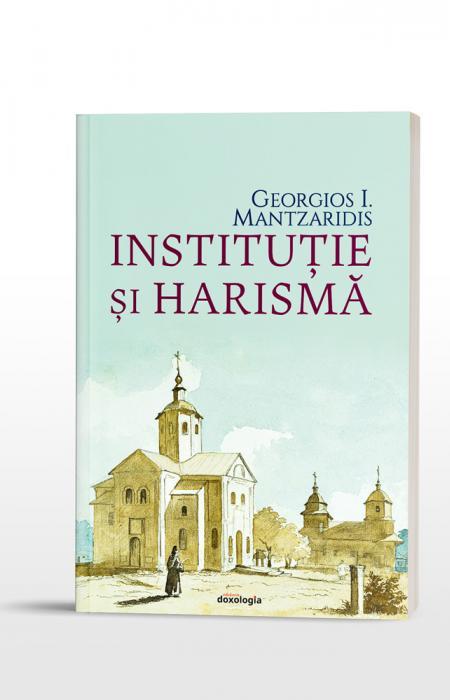
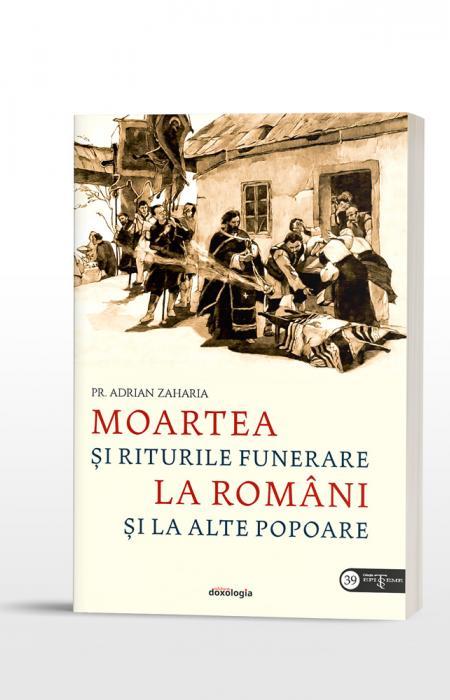
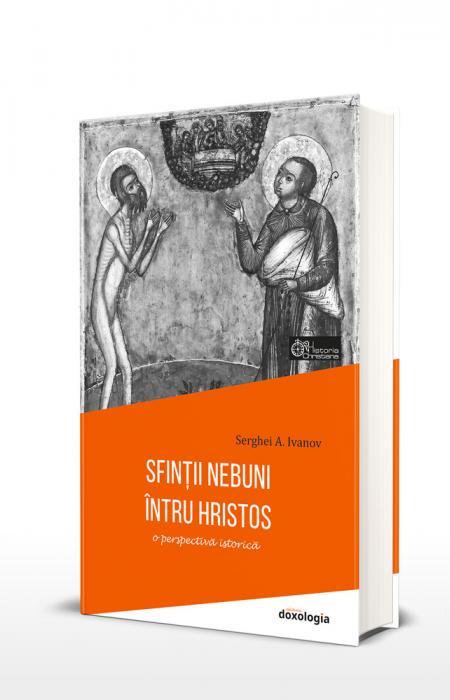
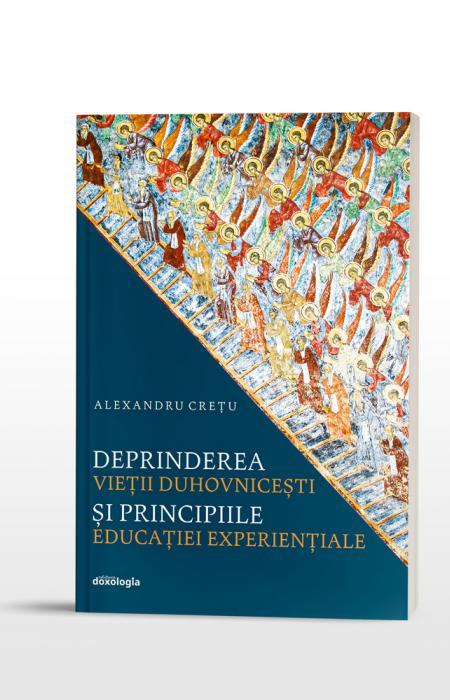
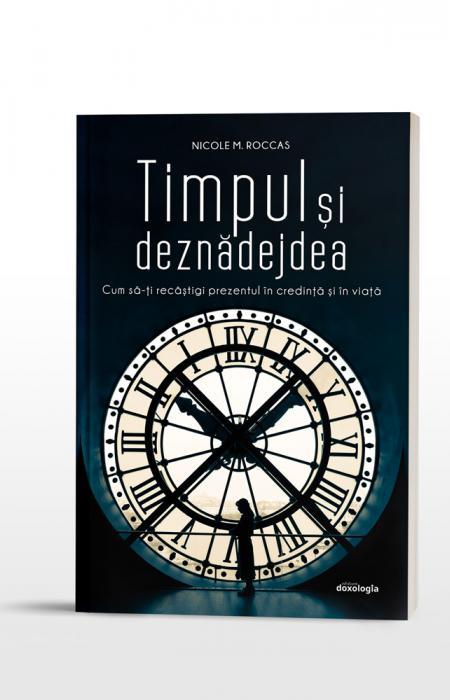
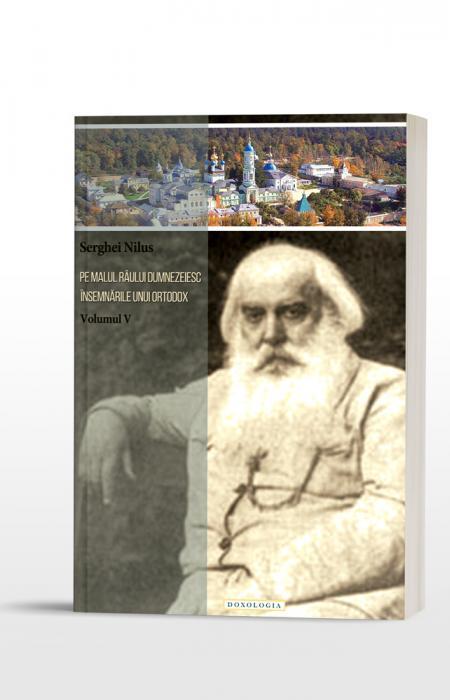

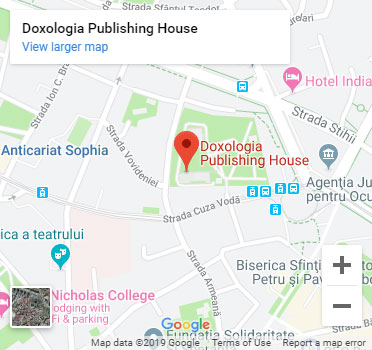
Add new comment